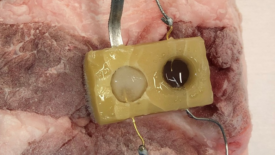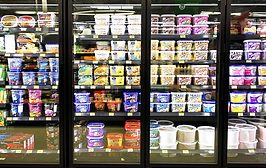Home » frozen foods
Articles Tagged with ''frozen foods''
A look at the intersection of carbon footprint, food safety, and quality
Read More
AFFI unveils online program for Listeria control in frozen food facilities
This tool discusses food safety best practices that directly address control and prevention of Lm in frozen food manufacturing.
February 27, 2019
Food safety best practices in manufacturing development
When it comes to food safety best practices and education, AFFI offers members a plethora of tools and resources.
September 11, 2018
Never miss the latest news and trends driving the food safety industry
eNewsletter | Website | eMagazine
JOIN TODAY!Copyright ©2025. All Rights Reserved BNP Media.
Design, CMS, Hosting & Web Development :: ePublishing










